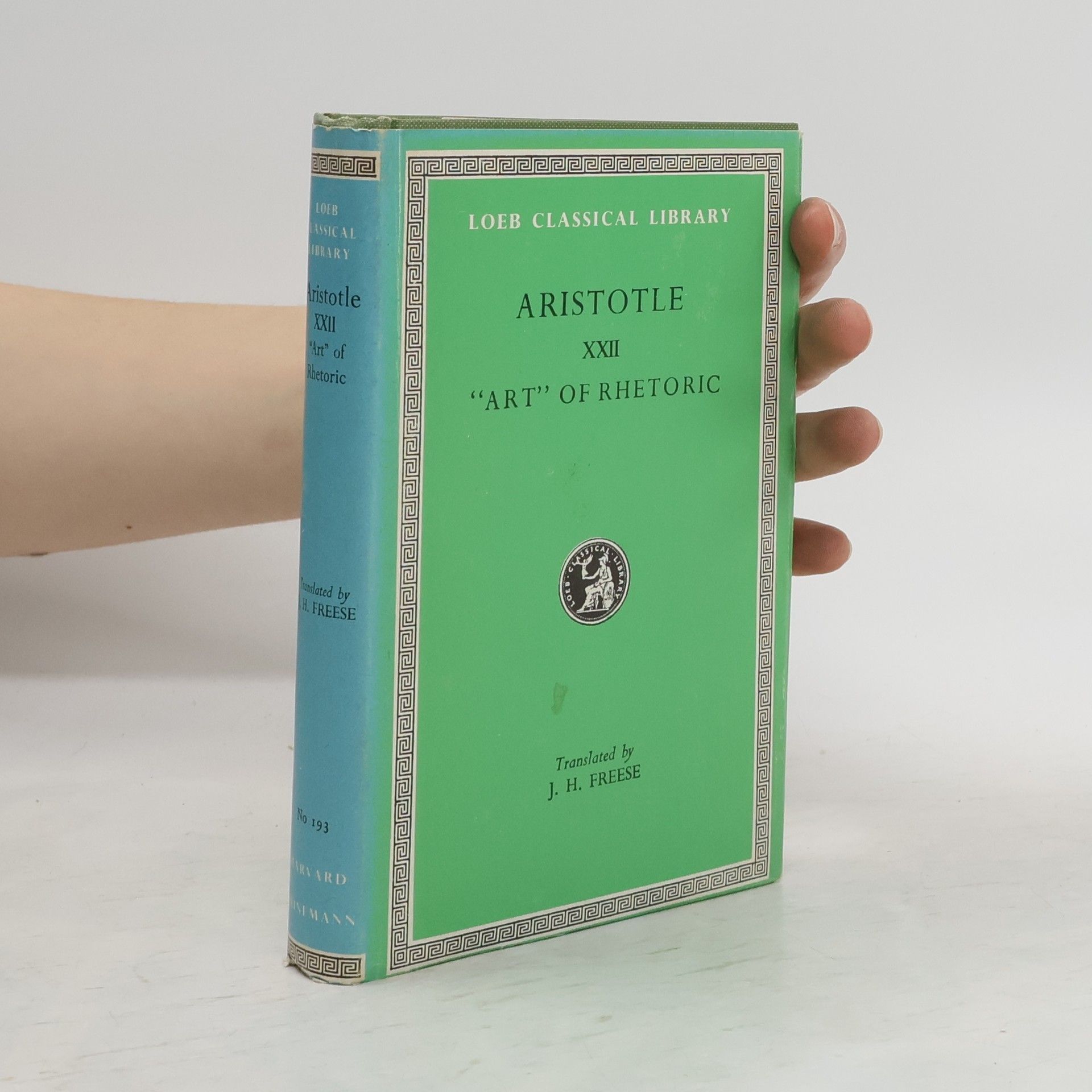Edited by Richard McKeon, with an introduction by C.D.C. Reeve Preserved by Arabic mathematicians and canonized by Christian scholars, Aristotle’s works have shaped Western thought, science, and religion for nearly two thousand years. Richard McKeon’s The Basic Works of Aristotle—constituted out of the definitive Oxford translation and in print as a Random House hardcover for sixty years—has long been considered the best available one-volume Aristotle. Appearing in paperback at long last, this edition includes selections from the Organon, On the Heavens, The Short Physical Treatises, Rhetoric, among others, and On the Soul, On Generation and Corruption, Physics, Metaphysics, Nicomachean Ethics, Politics, and Poetics in their entirety.
C. D. C. Reeve Livres
C. D. C. Reeve est un philosophe dont l'œuvre plonge profondément dans la tradition grecque antique, avec un accent particulier sur Platon et Aristote. Ses intérêts académiques sont vastes, couvrant la philosophie générale, ainsi que la philosophie du sexe et de l'amour, et des explorations du cinéma. Les contributions de Reeve comprennent également d'importantes traductions de textes grecs classiques. Il apporte une approche analytique rigoureuse pour comprendre les idées philosophiques fondamentales.



Aristotle's Chemistry
- 280pages
- 10 heures de lecture
This new translation of On Coming to Be and Passing Away and Meteorology 1 and 4 fits seamlessly with the other volumes in the New Hackett Aristotle Series, enabling Anglophone readers to study these works in a way previously not possible. The Introduction describes the book that lies ahead, explaining what it is about, what it is trying to do, how it goes about doing it, and what sort of audience it presupposes. Sequentially numbered, cross-referenced endnotes provide the information most needed at each juncture, while a detailed Index indicates the places where focused discussion of key notions occurs.